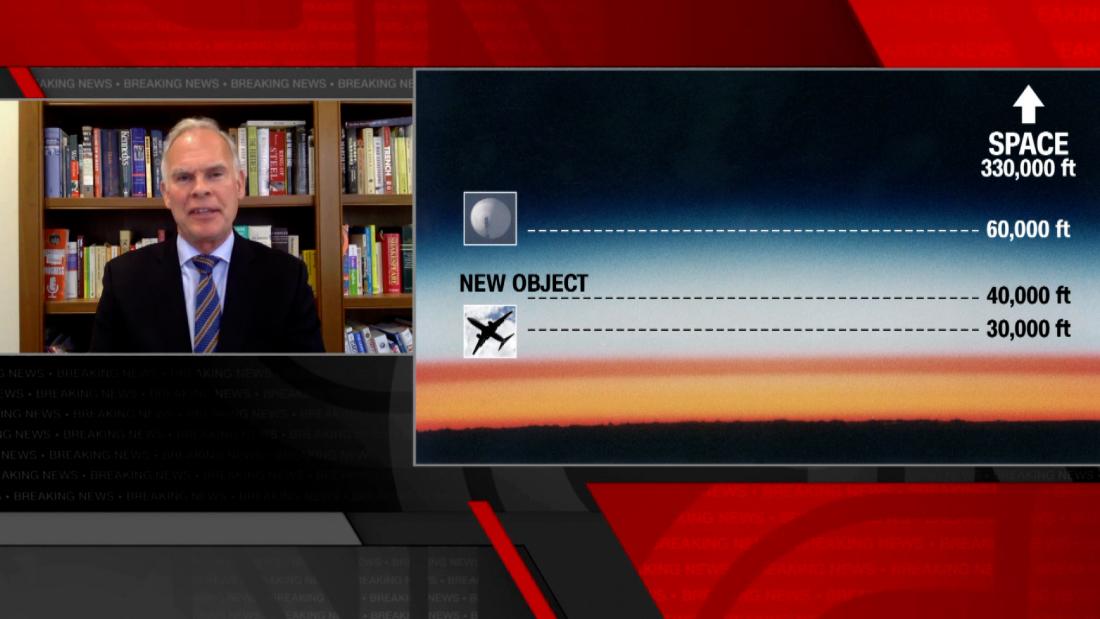Gun-Free School Zones and Concealed Carry: Which Takes Precedence?
Do state laws permitting individuals to carry concealed weapons undermine federal legislation banning weapons in the vicinity of schools? Resolving the contradiction requires an amendment, argues a Texas Tech Law Review paper.


Photo by Jared Spool via Flickr
Do state laws permitting individuals to carry concealed weapons undermine federal legislation banning weapons in the vicinity of schools?
Resolving the contradiction will require an amendment, according to a paper in the Texas Tech Law Review.
In most urban and suburban areas, particularly in Texas, it’s “nearly impossible to go about one’s day without entering a school zone,” which in turn conflicts with a citizen’s ability to exercise a right guaranteed under the Constitution, as interpreted by the Supreme Court, writes Tyler Smotherman, a J.D. candidate at the Texas Tech University School of Law and author of the paper.
Smotherman argues that the right-to-carry movement has gained significant ground in the three decades since the Gun-Free School Zones Act of 1990 (GFSZA) was enacted.
“Citizens in 21 states can now legally carry concealed firearms for self-defense without a permit,” he writes, noting that in September 2021, Texas became the most recent state to enact the legislation.
“Thus, hundreds of thousands of otherwise law-abiding citizens regularly violate the GFSZA as they go about their everyday lives in urban and suburban areas across the United States.”
Under the GFSZA, it is a federal crime punishable by up to five years in prison for possessing a firearm within 1,000 feet of any K-12 school, unless “licensed to do so by the State in which the school zone is located.”
The constitutionality of the federal legislation was, ironically, first challenged in Texas.
A case involving a Texas teenager charged for carrying a handgun at his high school led to a 1995 ruling in United States v. Lopez, where the Supreme Court held that GFSZA was unconstitutional under the Commerce Clause.
A revised Act was passed by Congress in 1995, which included language prohibiting possession of a firearm “that has moved in or otherwise affects interstate or foreign commerce” to satisfy the Court’s objections.
Proponents of the Second Amendment note that the Constitution expressly makes clear the right to bear arms “shall not be infringed,” and opponents continued to challenge the law.
However, in 2007, the Court upheld, in District of Columbia v Heller, statutes limiting the possession of firearms from being carried in “sensitive places,” such as schools.
But there are still too many loose ends open to different interpretations, the paper says, adding that the problems created by concealed carry legislation are “compelling reasons” for the 1995 Act to be amended.
“To rectify the myriad issues accumulated by the GFSZA over the last three decades, Congress should amend the Act to establish a more reasonable tie to interstate commerce and to exempt the lawful carry and defensive use of firearms by off-duty police officers and private citizens,” Smotherman concludes.
Smotherman also recommends specific amendments that would allow federal prosecution—and thus generally higher sentences—of those illegally carrying firearms in school zones, punishing only those who are not “law-abiding citizens.”
These amendments would also allow federal prosecution of those individuals legally carrying a firearm in a school zone but engaged in other felonious activity with which the GFSZA was concerned, such as drug dealing, gang activity, or criminal violence.
“In this way, the revision allows the GFSZA to function like a sentencing enhancement for serious crimes,” Smotherman concluded.
He emphasized that it would allow Texans who are simply following the law to not fear having a concealed weapon while passing through a school zone.
Tyler Smotherman will graduate from Texas Law Tech in May 2023. He graduated summa cum laude from the University of Idaho with a B.A. in Political Science and International Studies in 2014, at which time he also commissioned as a 2nd Lieutenant in the U.S. Army. Before attending law school, Smotherman was a police officer.
The full paper can be accessed here.
This summary was prepared by TCR Associate Editor Andrea Cipriano.

 Landwebs
Landwebs 






















